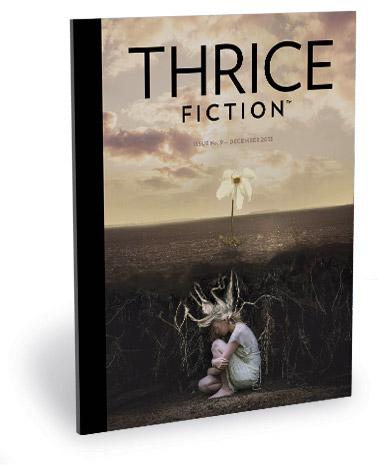Breece D’J Pancake killed himself at 27. Whenever someone who evidences some kind of brilliance kills themselves (or merely meets an untimely end,) it seems difficult to separate the art-as-object from their own personal narrative. It’s a damn difficult thing to read these stories without the context of Breece’s decision to take his own life seeping into your mind -I had a similar experience while reading “Infinite Jest,” with its narrative density of suicide and jokes about the act. There’s also a certain tendency to romanticize people like Breece, to define them as fires so bright that they burn themselves out -this particular culture of romanticizing of mental illness in the context of artistic brilliance is especially fucked up, and has no doubt lead a few people down those bad, twisting alleyways.
But I’m going to do my best to separate my thoughts about the book from all of that, regardless. These stories are amazing. They’re is definitely a bit of youthfulness on display, but never in such a way as to detract from the writing itself. The prose is obsessively wrought on a word-by-word level, clearly the product of dozens of passes with the red pen. And Pancake doesn’t seem to have any trouble inhabiting very different kinds of people, very disparate narrators, even when those people are from the same place, the same socioeconomic standing, and often even the same age and gender.
Pancake is often compared to Hemingway, and the comparison is valid. But there’s also a good bit of Falkner in here -that sense of place, of an identity intractable from the landscape that surrounds. And while these fictions are unmistakably masculine, there’s no shortage of nuanced and compelling female characters present as well, just as broken and dysfunctional as the men. It’s a damn shame the world lost Pancake so soon. I can only imagine what he would have been able to create with another forty years’ time.
Recommendation: Read it. Go buy it on Powell’s and read it as soon as it arrives. This one needs to move to the top of your queue.







